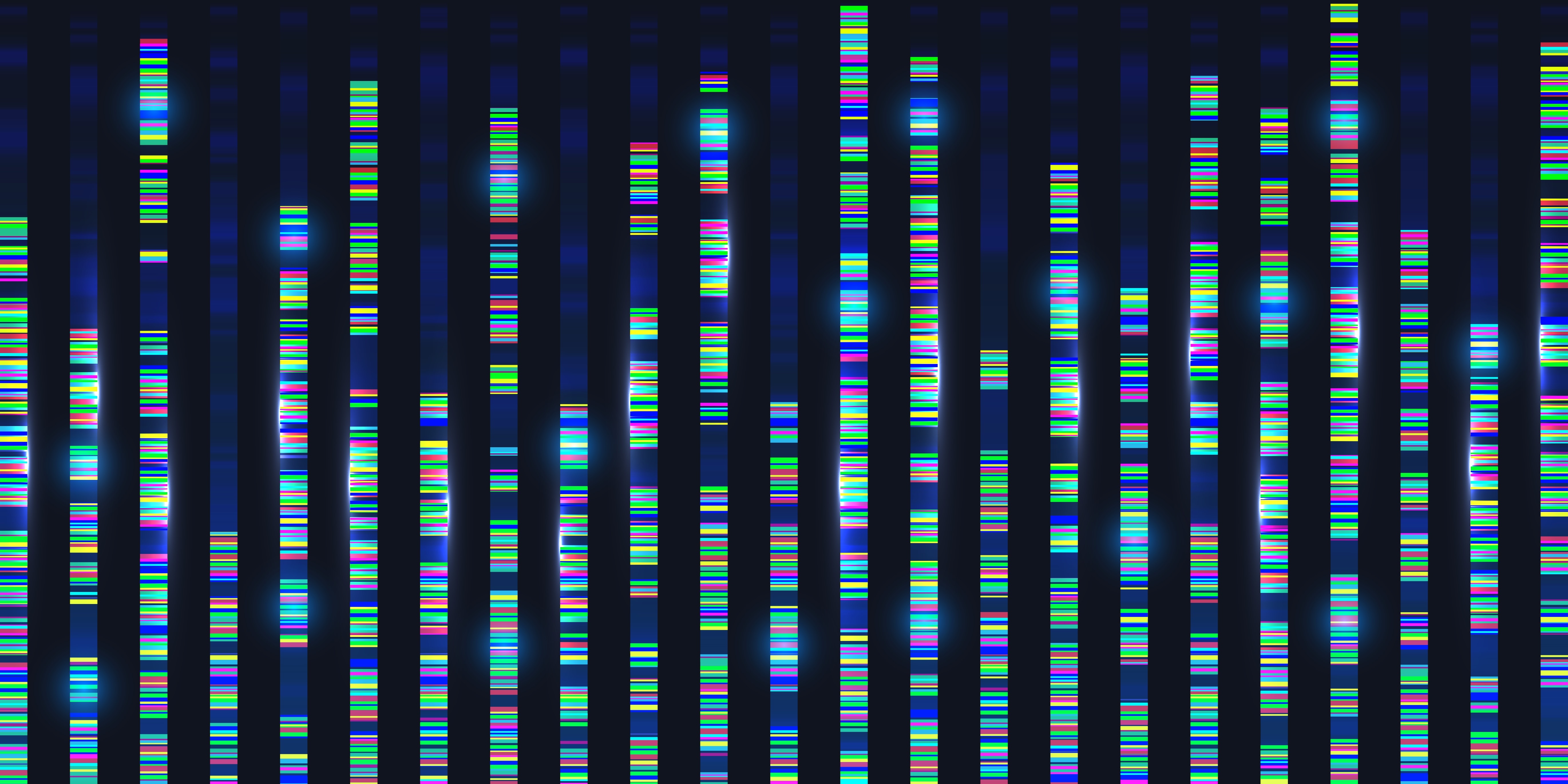A team of researchers at Osaka University, Japan, have demonstrated that high blood pressure and obesity are the two strongest risk factors of shortening our lifespan.
 Image Credits: MIKHAIL GRACHIKOV / Shutterstock.com
Image Credits: MIKHAIL GRACHIKOV / Shutterstock.com
In a paper published this week in the journal Nature Medicine, the team explains how they took genetic and clinical information form over 700,000 people around the world to uncover the factors that put people at most risk of a shortened lifespan.
Using genetics to determine risk of death
It has long been known that obesity and high blood pressure are significant factors that increase a person’s chances of suffering a premature death. The World Health Organization (WHO) estimates that just under 3 million people die annually as a result of obesity or being overweight. In addition, each year almost half a million deaths in the US attribute hypertension as a primary or contributing cause. These figures demonstrate the serious risk that obesity and high blood pressure pose to human health.
Now, a team at Osaka University, have used genetic information to help demonstrate the impact of obesity and high blood pressure in a bid to uncover the factors of the longevity of human life.
Scientists have long understood that our genetic code accounts for a significant portion of our vulnerability and resistance to illness and disease. Many conditions have been shown to have underlying genetic factors. Our DNA holds the information that instructs cells how to behave and function, and our genetics passed on from generation to generation, are often related to our vulnerability to certain illnesses.
The team at Osaka University recognized the power of assessing genetic data, and embarked upon a large-scale study, analyzing genetic data alongside clinical data to determine which overall factors put humans at greater risk of a shortened lifespan.
Our genes can make us susceptible to health conditions
Our genetic code offers us a wealth of information regarding potential threats to our health. It can highlight conditions that we may be at greater risk of or are predisposed to. Understanding this can help scientists develop better preventative methods. While the aim is not to modify the code itself, it can be used to help highlight those who are more vulnerable to early deaths, and why.
This would allow healthcare professionals to develop strategies to prevent and reduce the incidence of related health conditions that may act as risk factors for a particular disease. These risk factors themselves are likely to be controllable.
The findings of the new study revealed that those who are susceptible to high blood pressure or obesity have a significantly shorter lifespan than those who don’t.
Improving prevention
The team in Japan analyzed genetic and clinical data from around 700,000 people. The information was collected from locations around the world, from the UK, Finland, and Japan. Polygenic risk scores were calculated from the data to give an estimate of how much a person’s genes make them susceptible to a biological trait. This allows scientists to use genetics to determine a person’s risk for certain diseases and to calculate which risk factors have the impact of shortening lifespan.
By using biobanks to collect this data, the team ensured that they were analyzing information collected from diverse populations, allowing the results of the study to be clinically meaningful.
High blood pressure and obesity were shown to be the two strongest risk factors that had the effect of reducing lifespan for the current generation. Also, the results demonstrated that high blood pressure acting to decrease lifespan regardless of the area of the world the data came from, in comparison, obesity was found to be more impactful in European populations, suggesting that those from Japan or Asian countries may be protected from the negative impacts of obesity to some extent.
The team’s findings highlight how genetics can predict risks to people’s health. What they have uncovered will likely be used to help target lifestyle changes in at-risk populations, increasing lifespans and quality of life.
Source:
It's in our genome: Uncovering clues to longevity from human genetics. Eurekalert. Available from: https://www.eurekalert.org/emb_releases/2020-03/ou-iio031920.php